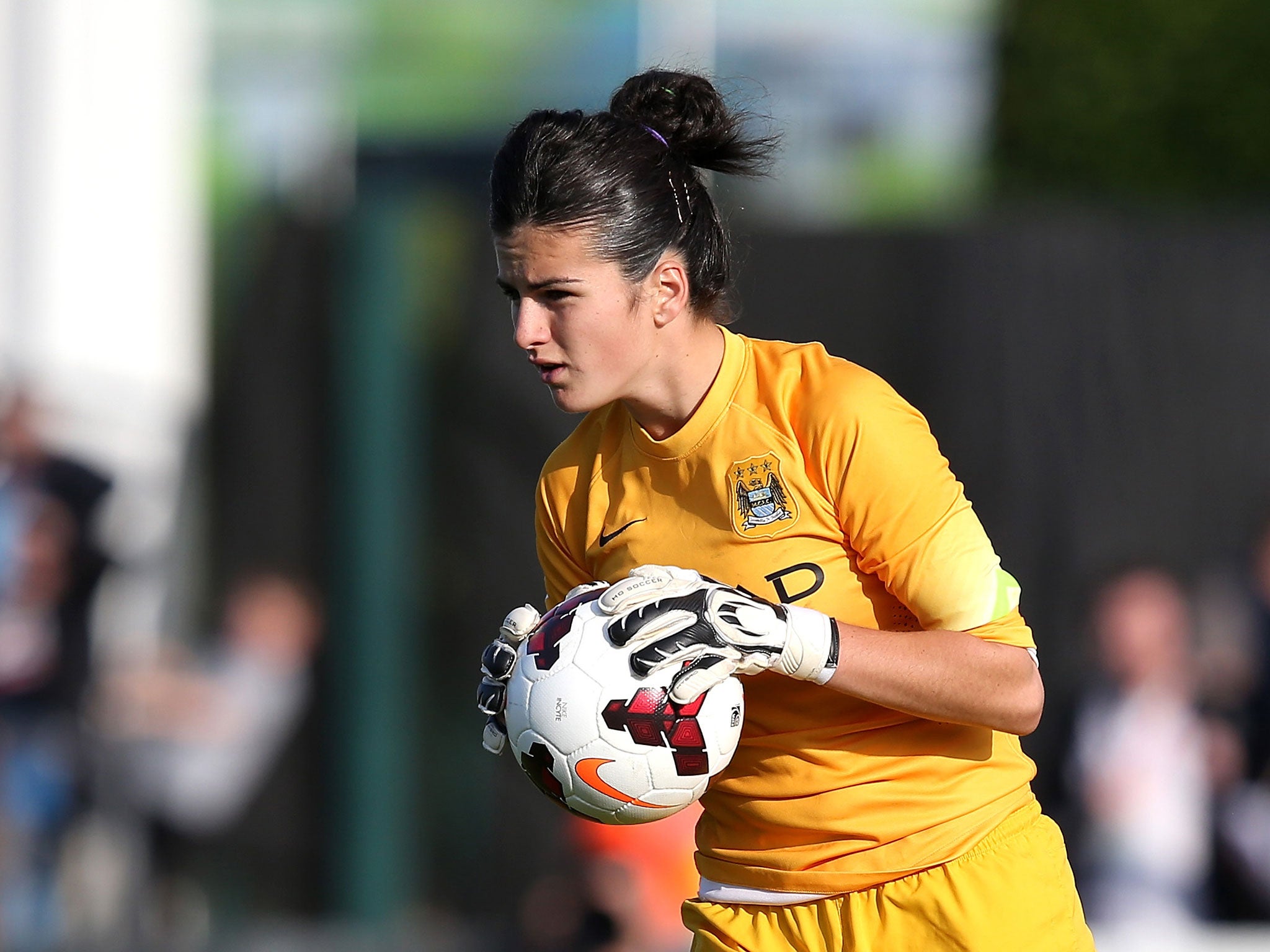Sport delivers when we need a powerful mechanism to bring about social change
Almost 90 per cent of participants in the various schemes come from the poorest 20 per cent of the population

The success of Facebook is predicated on the response to this question: what is the most important gift one person might bestow upon another? The answer, the Zuckerberg sect determined, was the gift of attention.
How are you today? What have you been up to? And you are off, engaged in the life of another, eliciting a reaction. To ask the question sincerely requires genuine interest in the response. It might be argued this simple exchange is the bedrock of meaningful relationships in society.
Roll this out in a sporting context and you have a powerful mechanism for change. This is the principle underpinning the remarkable work of Street Games, a charity celebrating its 10th birthday and dedicated to transforming the lives of people in our poorest communities through sport.
Tomorrow Street Games launches the second phase of a scheme entitled Club1, aimed at persuading the young and the reticent, particularly women, to step out of their particular social circumstance to participate in a gym session, running, swimming or some other “solo” pursuit. This is the most basic level of engagement that does not require the expertise associated with team sports. It’s the starting point of an active life.
The Club1 initiative represents the final slice of the £20m pledged to Street Games by Sport England almost five years ago. If you think that is a chunk of dough, and it is, estimates suggest the cost to the nation of inactive youth is a cool £54bn over a life cycle. You do the maths.
Street Games has in any fiscal quarter as many as 1,000 volunteers delivering projects in urban areas characterised by underinvestment and neglect, where the average spend on physical activity is £2.50 per week. That will get you a membership at the David Lloyd, sure enough.
Almost 90 per cent of participants in the various schemes come from the poorest 20 per cent of the population. There have been some signature successes. Three kids who passed through the Street Games prism are presently on the books at professional football clubs, and not all are male: Mason Bennett at Derby County, Callam Jones at West Bromwich and Alex Brooks at Manchester City WFC. In addition Kevin Samuels is a member of the Birchfield Harriers, specialising in the 400 metres.
Earlier this month Street Games held its two-day annual conference and awards dinner, at which the successes were proudly paraded. Allow me to introduce you to Nicole Napier from the charity Active Newham in east London, one of 630 national organisations formally linked to the Street Games project.
Nicole’s delivery of the Us Girls scheme in Newham earned her the “project of the year” award. In a part of London with unique challenges, given the diverse multi-faith/cultural/ethnic make-up of the neighbourhood, Nicole drove attendances in physical activity classes among young women from zero to up to 500 per month.
“It was really hard to begin with. At first we put stuff on we thought they might like, for instance girls’ football, but we found that the girls who liked football were already playing. Research told us that girls wanted fitness sessions, gym, street dance, stuff like that.
“Netball was the one team sport that took off, but for most of the girls we speak to it’s about body image and confidence, that sort of stuff. If we get the girls early enough we think we can keep them active into adulthood.”
The starter activities, typically carried out over an eight- to 10-week period, are delivered either free or at low cost. The scheme relies on the support of other local institutions like health centres, community halls, schools, sports clubs etc to provide facilities. The sessions are delivered by qualified coaches but the critical mass is provided by local volunteers.
This is not new, of course. The contribution free of charge of parents, community project workers etc is as old as organised sport itself. The difference with Street Games is the objective, which is not only to engage young people in an active life but to transform their prospects by giving them a purpose and a sustainable stake in the life of their community.
Visionary Street Games founder member and CEO Jane Ashworth is a pioneer of organised social engineering through sporting engagement. This is how she sees her vocation: “There are too few volunteers in disadvantaged areas, so one of the things we do is give people a chance to grow through volunteering, to get themselves experience, confidence and qualified.
“If you are going to create lasting change anywhere you have to create a new generation of leaders to rescue the missing generation. That’s quite a big deal. Our volunteers, the majority at least, are recruited from those that take part initially as participants.
“We are deliberately growing a generation of young leaders in disadvantaged communities. That’s not only good for sport it’s good for everything.” Hard to argue with that. Fancy a crack? Get involved via Facebook. Where else?
Subscribe to Independent Premium to bookmark this article
Want to bookmark your favourite articles and stories to read or reference later? Start your Independent Premium subscription today.

Join our commenting forum
Join thought-provoking conversations, follow other Independent readers and see their replies